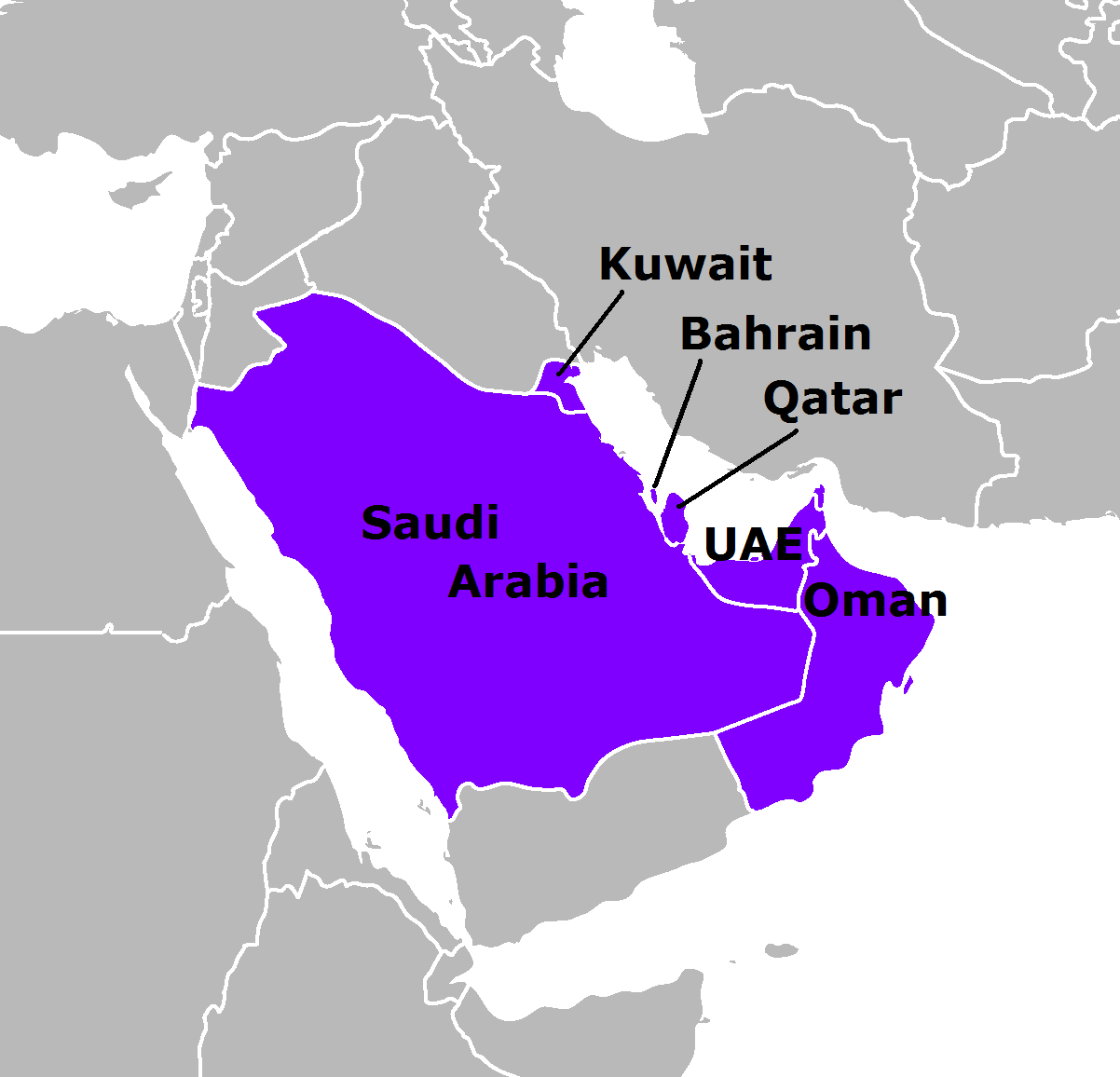The Gulf Cooperation Council (GCC) is one of the fastest developing regions in the world. Member states include The United Arab Emirates, Bahrain, Saudi Arabia, Oman, Qatar and Kuwait. While the benefits of economic development are tangible, there are potential social and environmental costs of such rapid change. Regulatory measures, with particular respect to Health, Safety and Environment (HSE) have to advance equally as fast in order to prevent negative and lasting impacts.

A surprising amount of investment has been made in HSE legislation in the GCC. Each state has its own keystone environmental and health & safety laws that underpin all other related laws. These laws provide the purpose and institutional framework for all subsequent legislation which in turn provide the executive regulations necessary for implementation. As a long standing pillar of the GCC economy, the oil & gas industry has ensured an early need for health and safety regulations– Bahrain, for example has been issuing health and safety laws since the 1970’s. Supported by the growth in the oil & gas sector, industry and infrastructure has expanded rapidly, requiring that regulating authorities act accordingly and introduce a full range of HSE legislation covering such things as: hazardous waste disposal, air and water quality standards, equipment safety, hazardous chemicals, asbestos and pesticides.
Keeping up with the fast pace of development is not always a smooth process. For example, the on-going controversy surrounding labour rights (including Occupational Health & Safety concerns) in Qatar has brought the subject to public attention and again when a crane collapsed on the Grand Mosque in Mecca killing 107 people in September 2015. In the UAE, where HSE legal framework is considered to be the most advanced in the region, a huge electrical fire broke out in one of Dubai’s landmark hotels last New Year’s Eve. Such incidents continue to create regional momentum for further regulation, institutional reform and enforcement.
HSE has become a critical business issue in the GCC, but the HSE field in the GCC is still relatively new and continuing to evolve. It is interesting to note that the recent drop in oil prices has obliged some businesses to look outwards for financing and projects are increasingly turning to international banks for funding. With international financing come stringent requirements with regard to HSE as a condition of investment. Thus it is expected that until oil prices recover, the need for international investment will continue to play a role in strengthening HSE performance in the GCC.
This article was guest written by Environment Arabia







